Last updated: October 8, 2024
Article
Celebrating the Legacy of Laurance Rockefeller: 20 Years After His Passing
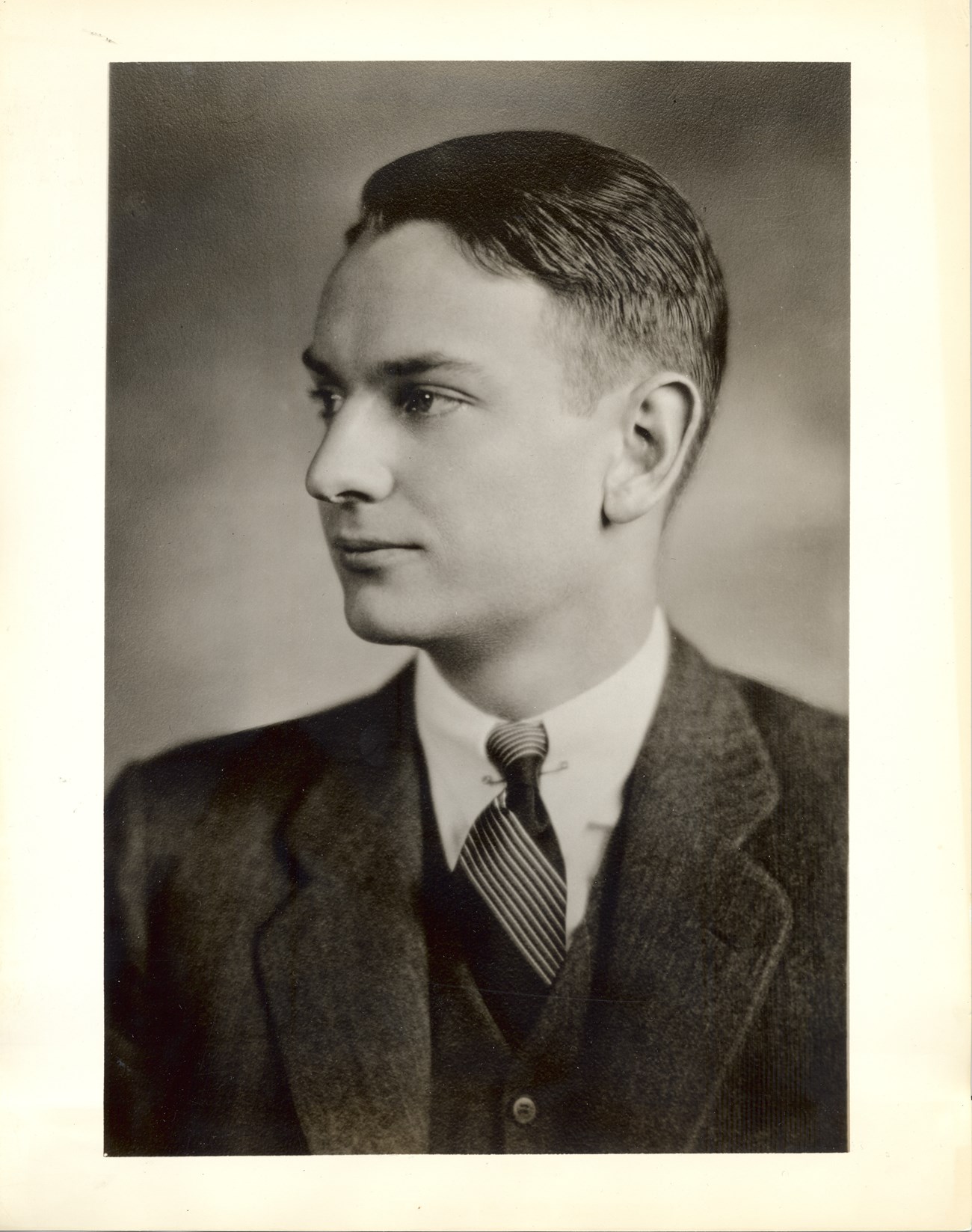
Rockefeller Archive Center
As we mark the 20th anniversary of Laurance Spelman Rockefeller's passing, we reflect on his profound influence on conservation and community. His intellect and spiritual depth, combined with his commitment to the environment, continue to inspire efforts aimed at protecting our natural world. Laurance's humility and approachable style fostered connections that empowered both local and global initiatives, leaving a lasting legacy that we honor today.

Billings Family Archives
Community Scale Conservation
Laurance held a deep affection for Woodstock, not only as his wife, Mary French Rockefeller's beloved home but as a community that shaped their lives. Despite the high expectations associated with the Rockefeller name, Laurance's quiet demeanor surprised many who encountered him, transcending the typical perceptions of wealth and privilege.
His intellectual curiosity and gentle nature helped forge partnerships across diverse groups, underlining his belief that true progress comes from shared interests. Laurance understood that synergy could transform unique ideas into collective action.
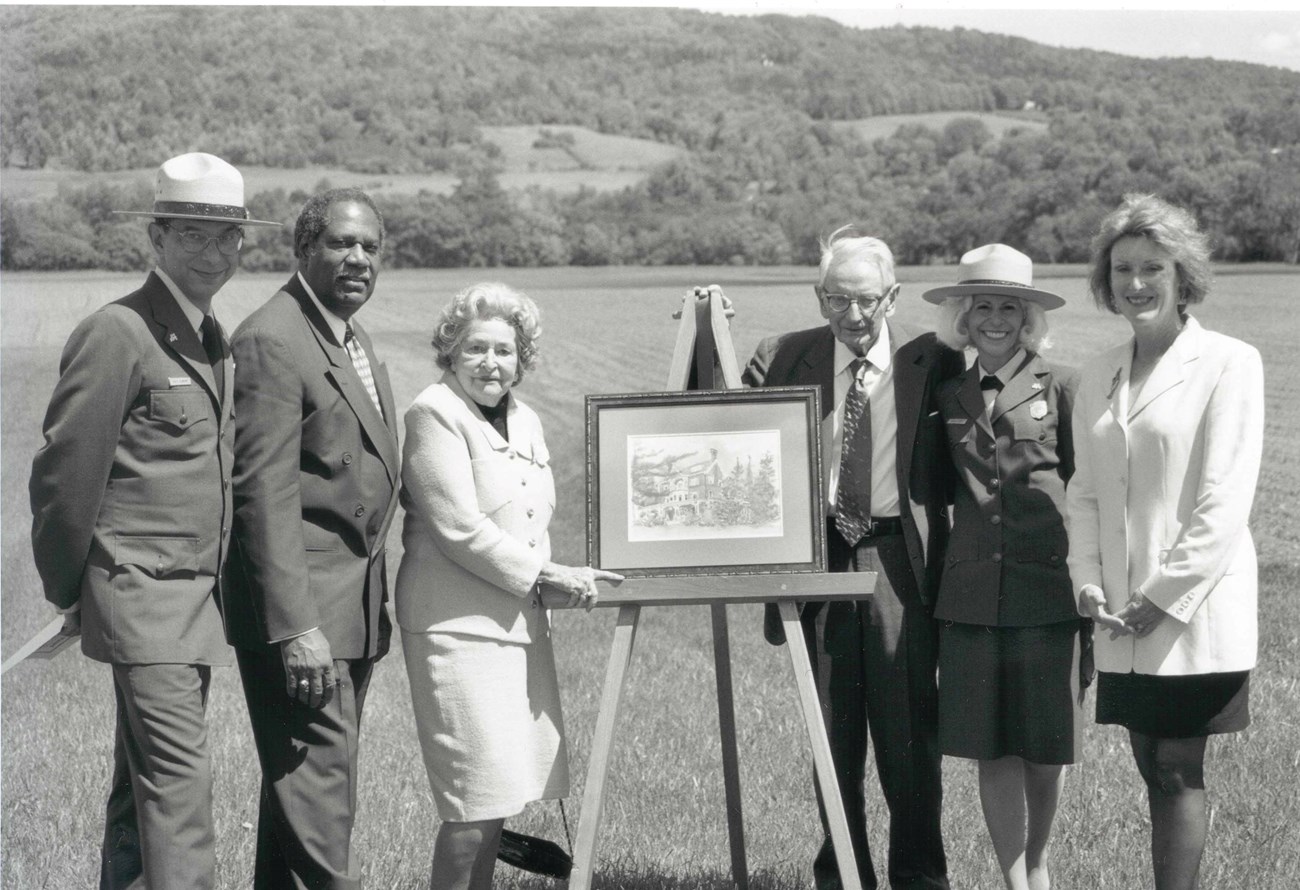
Billings Family Archives
For Laurance, this view represented unity and collaboration. He and Mary acquired 400 acres of Blake Hill, placing a scenic easement on 249 acres to protect the land's rural character. This preservation effort invited local citizens to engage in conservation as stakeholders with a shared vision.
Laurance exemplified collaborative leadership by fostering partnerships between the Woodstock Inn and Resort, Billings Farm and Museum, and the Marsh-Billings-Rockefeller National Historical Park. This synergy promoted economic opportunities while protecting the community's historical and cultural heritage.
Laurance actively engaged in historic preservation, advocating for initiatives such as burying power lines to maintain Woodstock's charming character, which had earned the acclaim of being the "Prettiest Small Town in America."
Economic Impact and National Recognition
The development of the Farm, Park, and Woodstock Inn established a robust economic foundation and fostered stewardship alliances within the community. In 1967, the Billings Mansion received national significance, becoming a National Historic Landmark under the guidance of then-First Lady Lady Bird Johnson. This recognition set the stage for the creation of Vermont's first National Park in 1992.
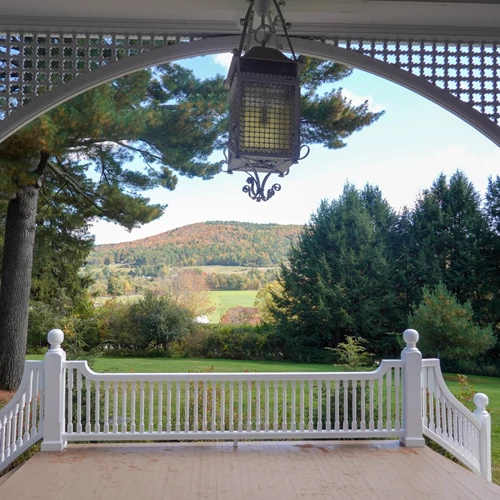
As this exciting new unit of the National Park System comes into being, we look forward to the day when the message and vision of conservation stewardship and its importance for the future will, once again, go out across the nation from the hills of Vermont.
Image credit: NPS Photo / Sczomak
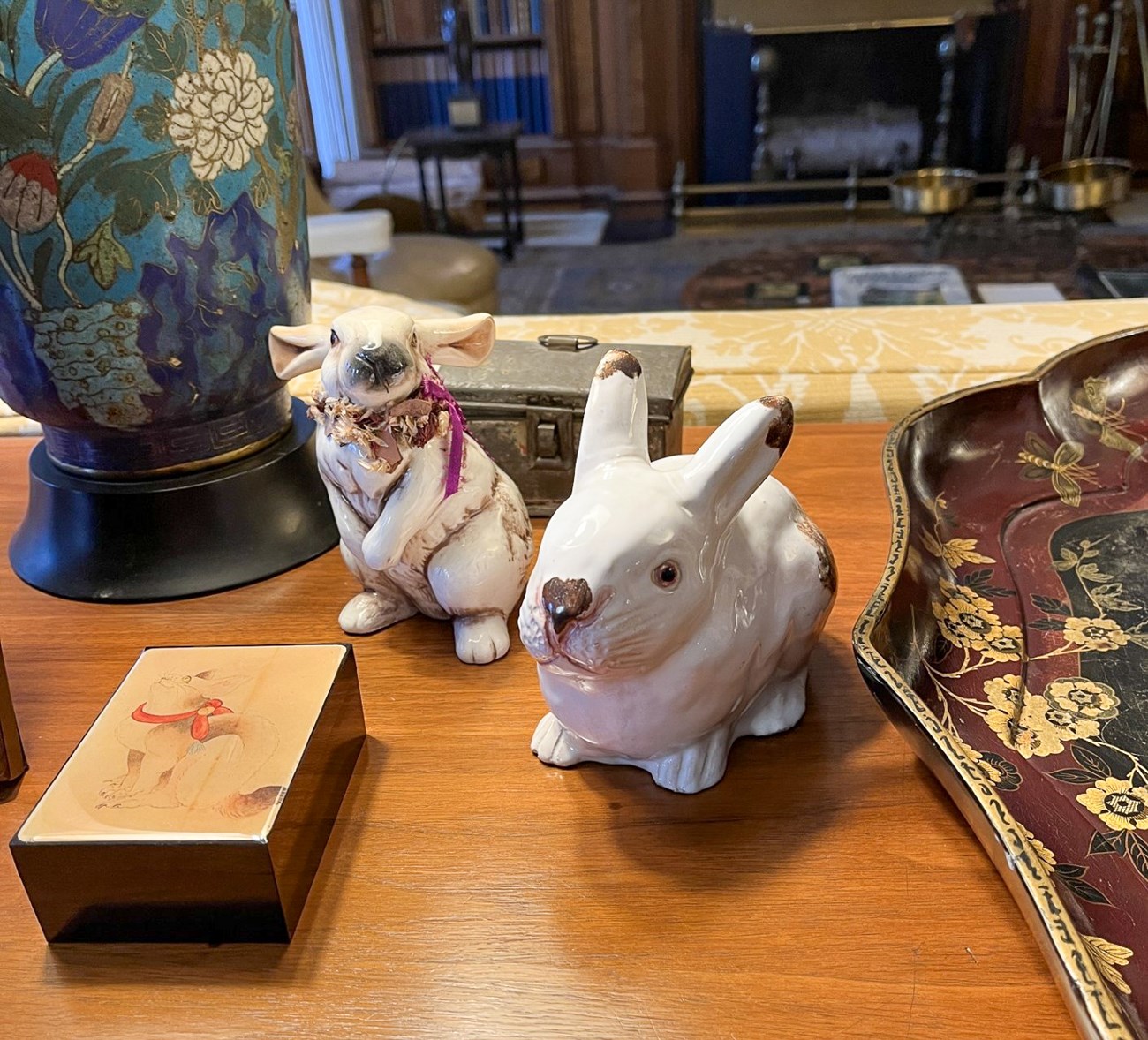
NPS Photo / Auger
Family Matters
Born on May 26, 1910, as the fourth son of John D. and Abby Aldrich Rockefeller Laurance was raised in an environment where frugality, generosity, humility, and hard work were paramount. Alongside his siblings, he understood that they would eventually inherit their father's great wealth. As young children, they were taught the importance of financial management. They were required to create acceptable projects to earn allowances, instilling skills in managing accounts and incorporating philanthropy as a vital aspect of their financial responsibilities.
Throughout the mansion, porcelain “bunnies” serve as reminders of a specific project Laurance undertook with one of his siblings. They learned to never flaunt the wealth they would inherit, reinforcing the values of humility and responsibility. Numerous projects and interests were designed to cultivate independence and self-reliance, guiding them on their paths to adulthood.
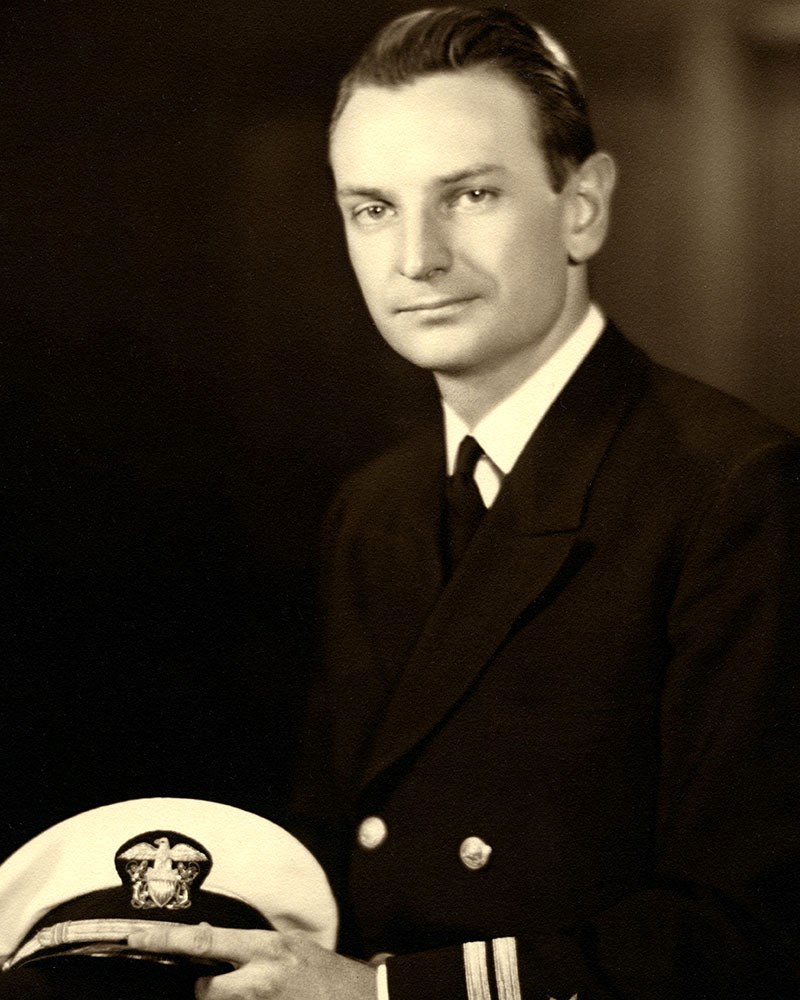
Rockefeller Archive Center
Shapes of a Professional Life
A graduate of Princeton University with a degree in Philosophy, Laurance developed a deep appreciation for nature and the human spirit. His commitment to balance informed his decision-making, symbolized by the scales he collected. He served as a Lieutenant Commander in the Navy (1942-1945) during WWII, gaining practical experience while continuing to cultivate a passion for aviation and technology.
Laurance's philanthropic endeavors extended beyond environmental causes; he was a pivotal investor in early technology firms, including Apple and Intel, and a benefactor to cancer research through the Sloan Kettering Cancer Institute.
Balance was a major factor in Laurance's decision-making, symbolized by the scales he collected. He believed that all factors must be weighed equally when making important choices, and that even something as light as a feather could offset the scale of a decision. A significant gift from Mary, a piece of Steuben Crystal called "Unity through Opposites," reflects Laurance's values in working with various groups and interests. This piece not only embodies his philosophy of balance but also serves as a physical reminder of his commitment to understanding diverse perspectives.
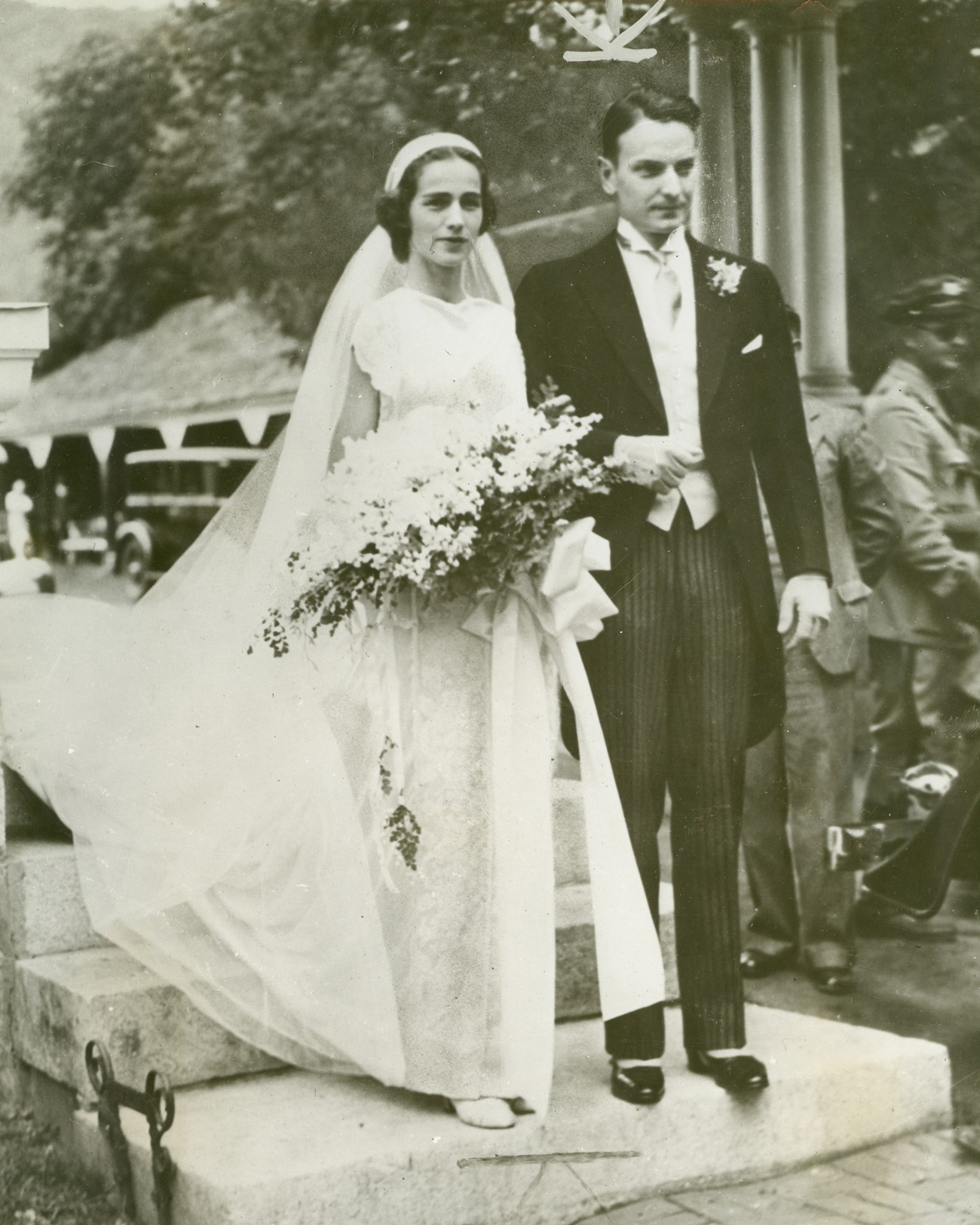
NPS Photo
Family and Legacy
The Rockefeller and Billings families shared social ties early on. Laurance’s mother, Abby Aldrich Rockefeller, served on the board of directors of the YWCA, where she met Mary French’s mother. Mary French was the granddaughter of Frederick and Julia Billings, intertwining their family histories.
Over the years, the families continued to cultivate connections. Notably, Nelson R. Rockefeller attended Dartmouth, where his roommate was Mary’s brother, John French. As Laurance studied law at Harvard, Mary pursued her studies at Radcliffe. Their courtship blossomed, culminating in their marriage in Woodstock in 1934, where they welcomed four children—three daughters and a son.
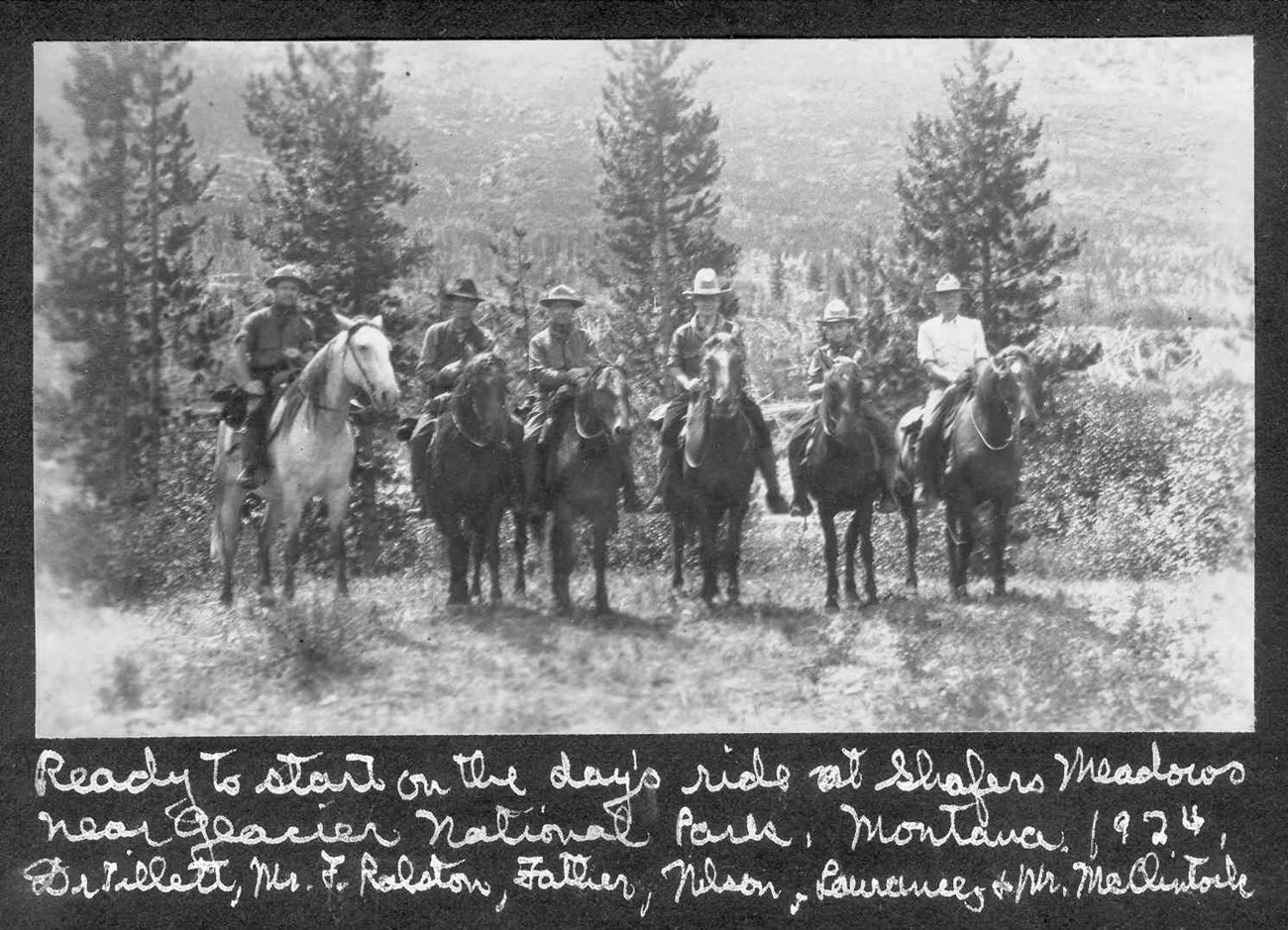
Rockefeller Archive Center
Inspiration and Influence
Laurance was profoundly influenced by his family’s travels to national parks, particularly by his father’s work. Some of his early conservation responsibilities included leading organizations such as the Palisades Park Commission and the Jackson Hole Preserve. He also collaborated with Lady Bird Johnson, serving as chair of her Beautify America campaign.
In the late 1950s, President Eisenhower appointed Laurance to chair the Outdoor Resources Recreation Review Commission (ORRRC). This panel, composed of experts from both the public and private sectors, was tasked with studying outdoor recreation. The ORRRC had a profound impact on outdoor recreation and environmental policy in the decades following its establishment.
Additionally, Laurance created and expanded several National Parks, including Virgin Islands National Park and Marsh-Billings-Rockefeller National Historical Park. He also honored his father’s wishes by donating the Laurance Spellman Rockefeller Preserve, formerly the JY Ranch, a 1,100-acre parcel of land within the Grand Tetons, to the National Park Service in 2001.

Concern for the environment and access to the parks is neither frivolous nor peripheral, but central to the welfare of people, body mind and spirit.
Image credit: NPS Photo
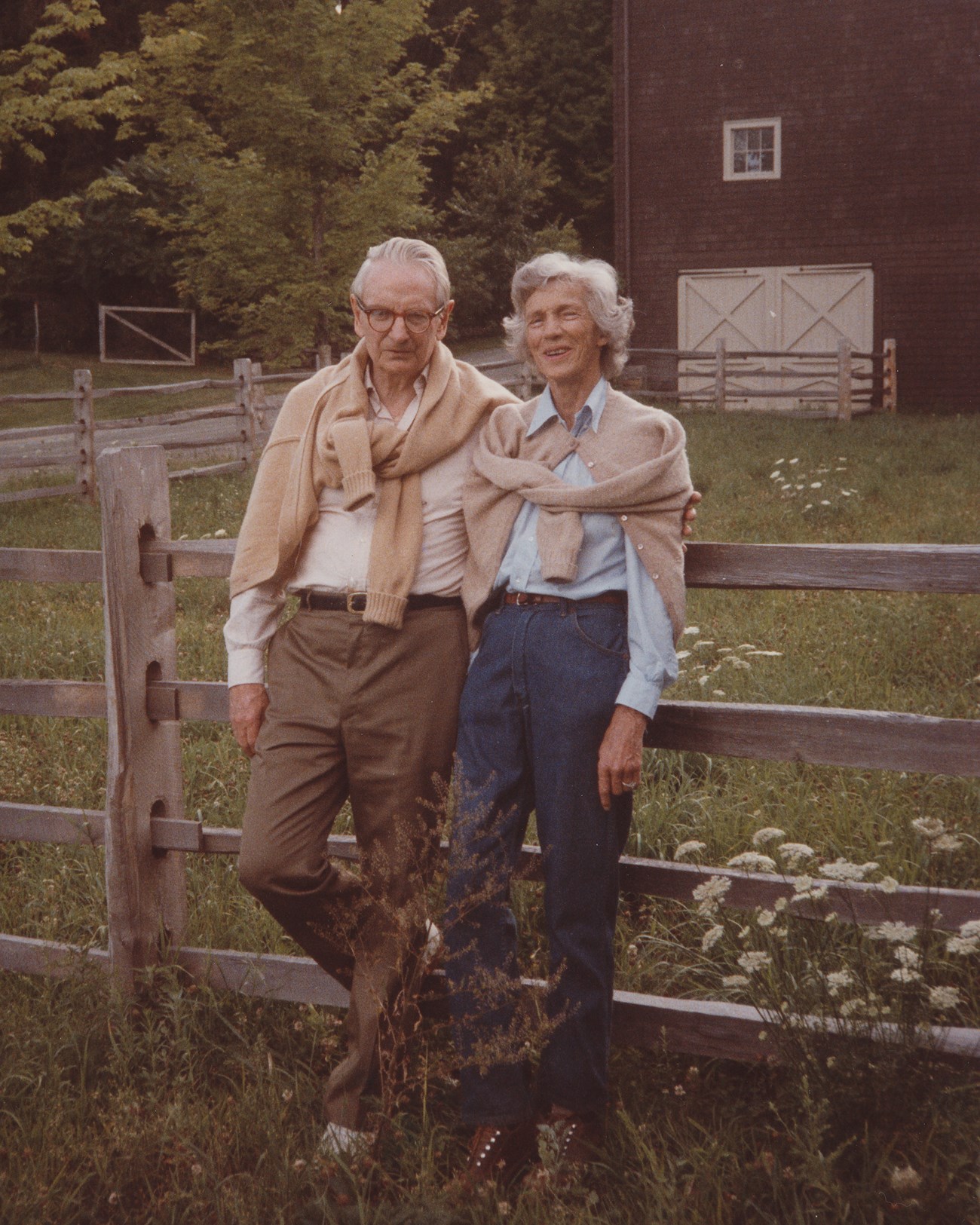
Billings Family Archives
Honoring a Legacy
Laurance Rockefeller was, in many regards, a larger-than-life figure due to his name, yet he was an unpretentious man. He worked collaboratively with others and has significantly impacted our lives, using his good name for the benefit of many. Laurance felt a profound obligation to serve the American public and his local community.
Laurance was an unassuming individual who cared deeply. Through our actions, we can carry forth his legacy by actively participating in our communities and taking what matters most to us into the future.
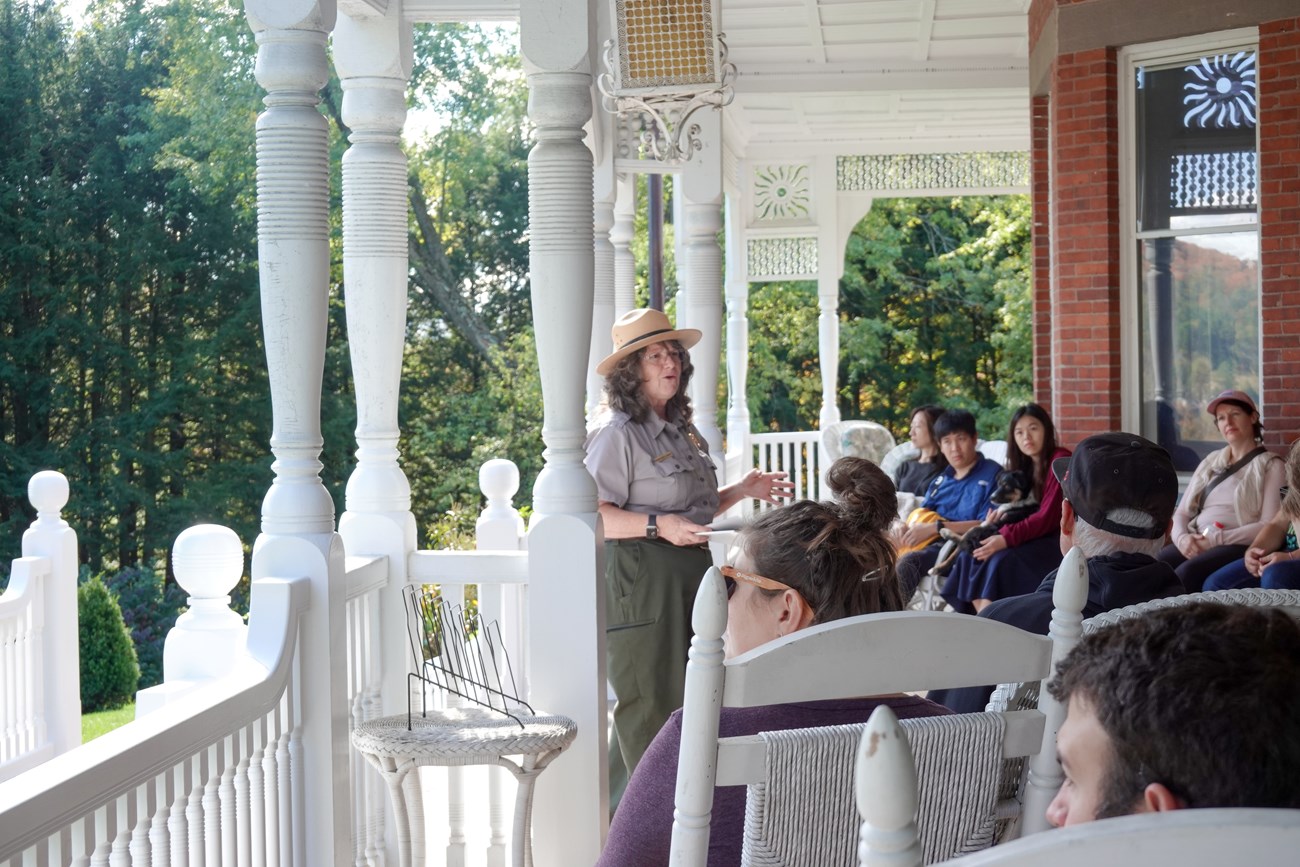
NPS Photo / Sczomak
Special Ranger Talks: "The Legacy of Laurance"
To celebrate Laurance's legacy, join us for special ranger talks titled "The Legacy of Laurance Rockefeller." These 30-minute talks will take place at 11:45 a.m. on Saturdays/Sundays, October 5, 6, 12, 13, 19, and 20; and at 1:00 p.m. on Fridays, October 11 and 18. The talks will take place in front of the Marsh-Billings-Rockefeller Mansion and will not include access to the historic home.
To schedule an indoor mansion tour and for all other ranger programs, visit Recreation.gov to schedule a tour or program in advance. Tours sell out quickly, and advanced reservations are highly recommended.
